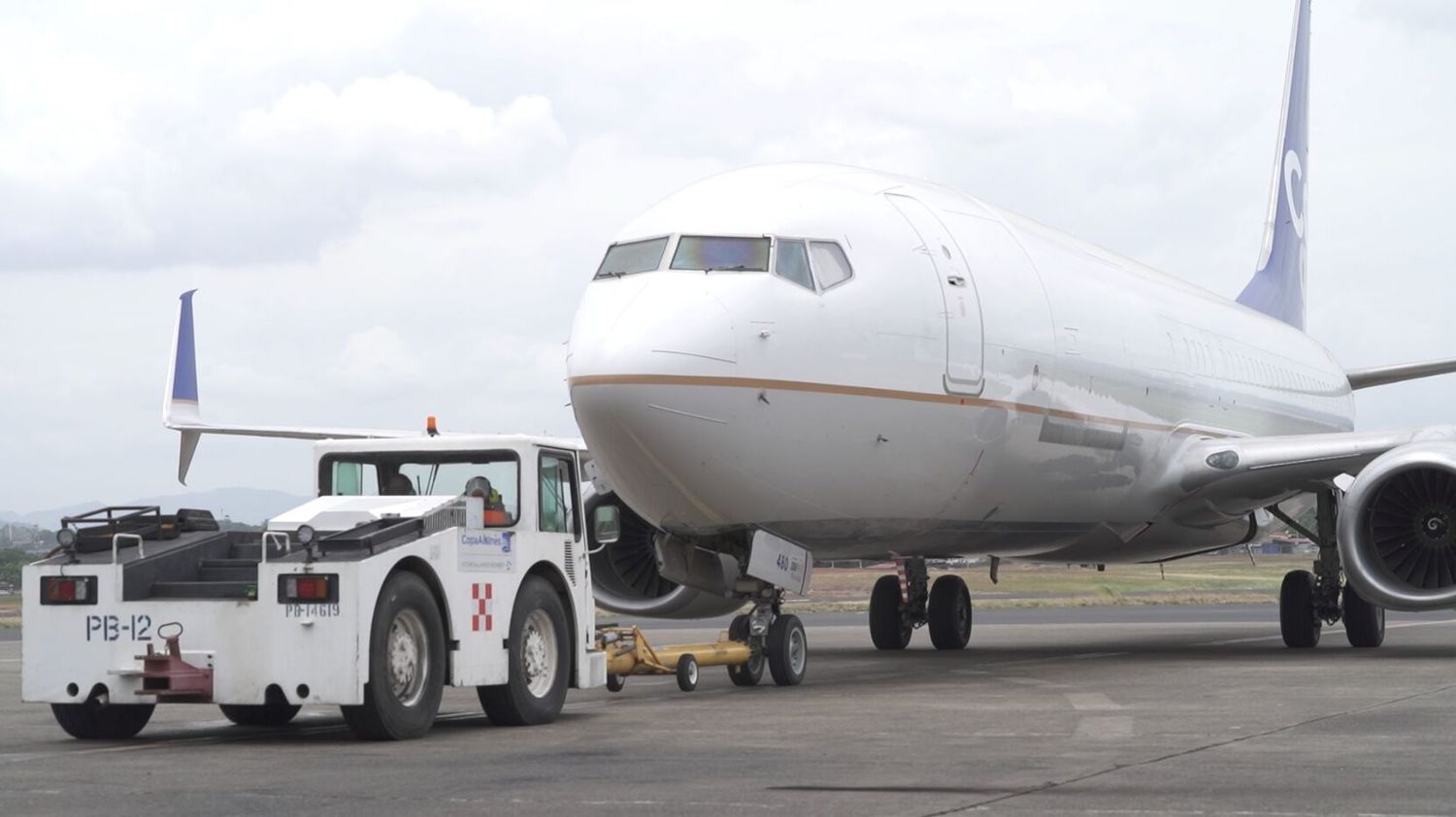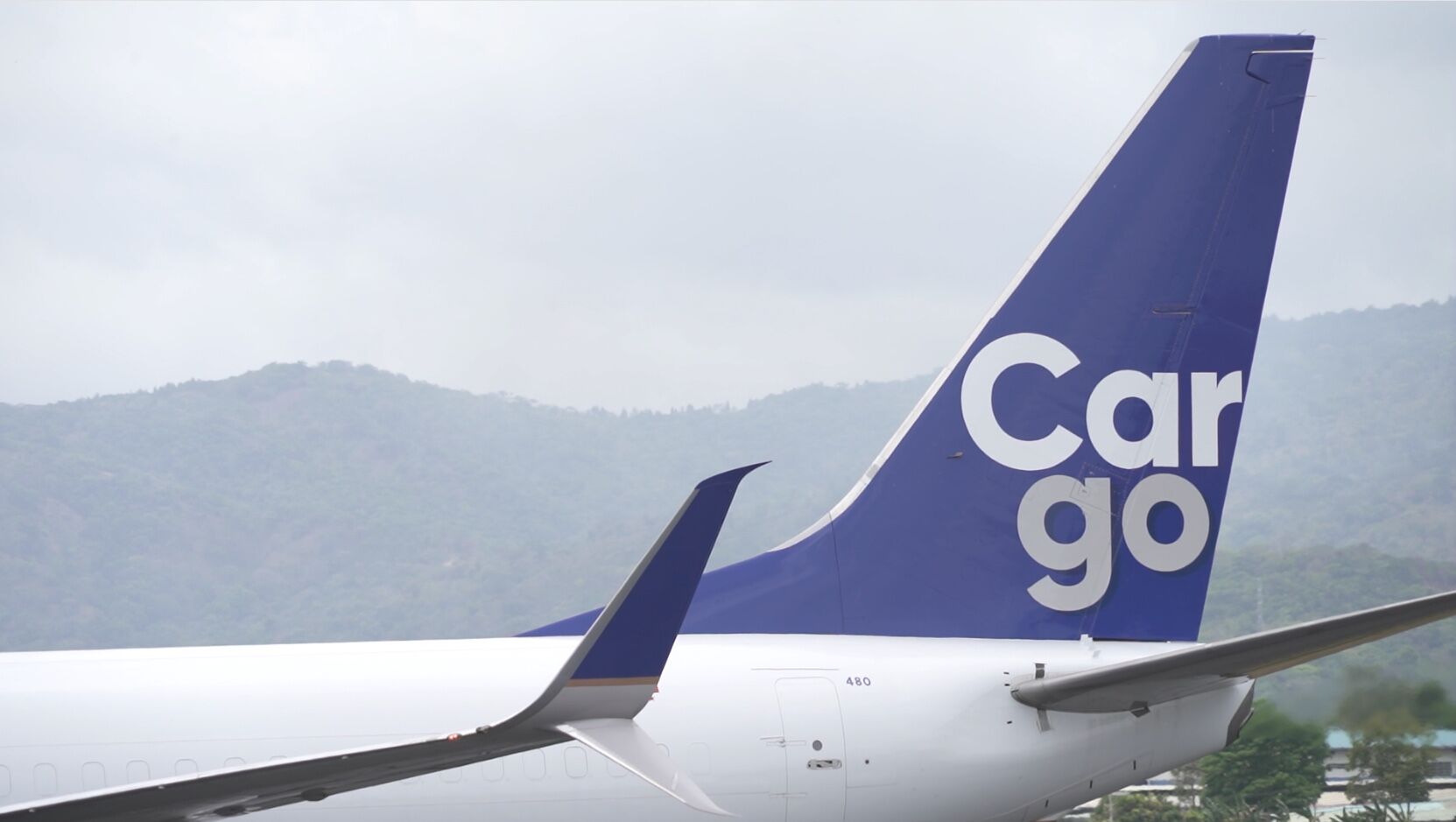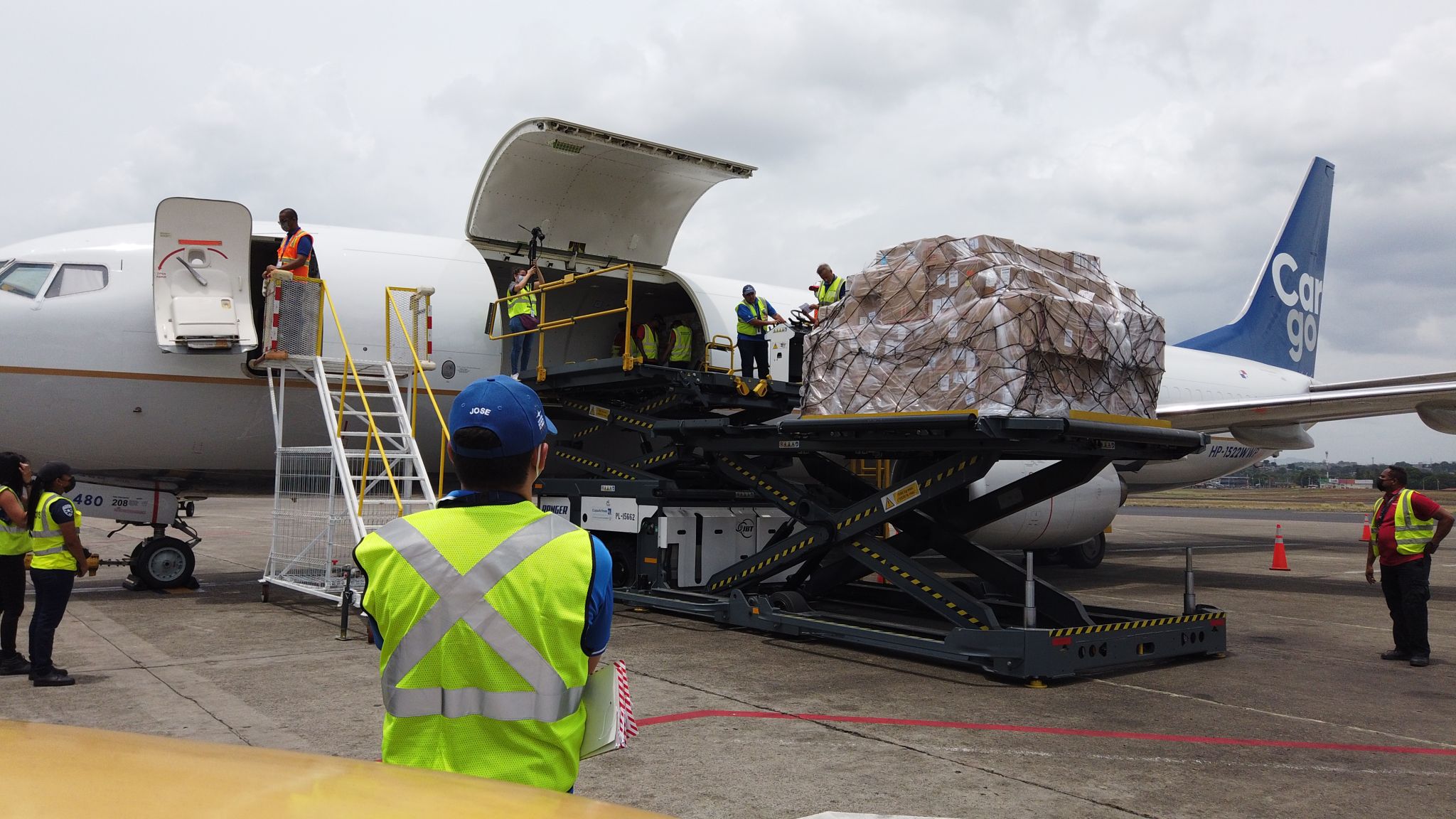Copa Airlines Cargo made its first flights on the first Boeing 737-800BCF in Latin America
Copa Airlines Cargo made its first cargo flight on Boeing 737-800 Boeing Converted Freighter (BCF) aircraft on March 28, connecting Panama City/Tocumen (PTY) with Santo Domingo/Las Americas (SDQ), Dominican Republic.
Apart from Santo Domingo, its first destinations on the -800 BCF are Bogota (BOG), Colombia; San Jose (SJO), Costa Rica; Havana (HAV), Cuba; San Salvador (SAL), El Salvador; Guatemala (GUA); Managua (MGU), Nicaragua; and Caracas (CCS), Venezuela.
Recently, the company also requested to operate in Quito (UIO), Ecuador, and Lima (LIM), Peru.
With the expansion of its cargo capacity, Copa Airlines Cargo will enhance the region’s connectivity in cargo services from Panama, contributing positively to the development of the region’s economic activity.
Copa has a privileged location, so it will be able to use the Boeing 737-800BCF to transport cargo to the north and south of the continent through the Hub of the Americas. Its main rival is DHL Aero Expreso, although other cargo companies also use Panama to distribute goods to other countries.
The aircraft, the only one in the fleet at the moment, is registered HP-1522CMP (serial number 33709). For its conversion from passenger aircraft to freighter, it was flown from Panama to Chile on August 20, 2021, to the Guangzhou Aircraft Maintenance Engineering Company Ltd. (GAMECO), in Guangzhou (CAN), after stops in Los Angeles (LAX), Anchorage (ANC) and Tokyo/Haneda (HND). It was then handed over in early 2022 to Copa Cargo.

A Brief History of Copa Cargo
Copa Airlines entered the cargo market with dedicated aircraft when it added a Boeing 737-200C in 1989, which could be modified to carry cargo or passengers. The aircraft carried the registration HP-1134CMP. A second -200C, HP-1311CMP, was added in 1996. Both aircraft are currently operated by Colombia’s Aerosucre.
In 1997 Copa Cargo moved to the Panama Air Cargo Terminal, one of the most modern cargo facilities in the region, consolidating its air cargo service.
Copa’s cargo division ceased to have dedicated aircraft in early 2000, switching operations to belly cargo when the first Boeing 737 Next-Generation aircraft began arriving.




Comentarios
Para comentar, debés estar registrado
Por favor, iniciá sesión